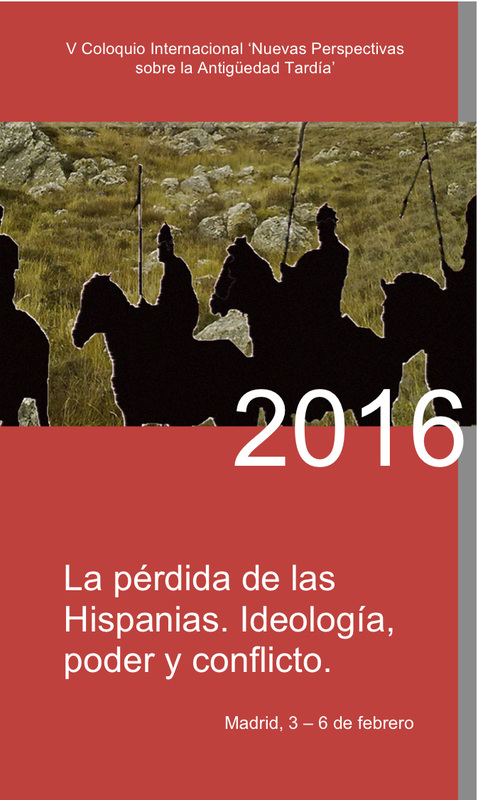
In this world of instant messages and emojis, we rarely have cause to put pen to paper. If you are finding it difficult to convey your feelings in a Valentine’s Day card this year, take heart (and inspiration) from this fifteenth-century Middle English poem recently re-discovered in Trinity College Cambridge.
Susane the secunde, patron of plesaunce 1
That called is so throwe alle lumbardye,
Righte demure of chere and of contenaunce,
And in daunsyng, sport and curtesie,
Wele demeand and lady of venerye:
Remembre your servaunt that righte true is;
With that reward not disdayne hym to kys.
And of youre gentilnes se that he
This frosty wedir be nat lost for colde,
And that not defawte in you founde be; 10
So that in somer it may be said and tolde
Ye kept him warm with your armys folde,
And with the chere that ye hym made
Fulle ofte ye made his hart righte glade.
Nowe redres of alle my sorowes smert, 15
That righte true be withouten variaunce,
I you biseche, with sore wounded hert;
Me counforte throwe youre daliaunce,
And of my body take youre plesaunce;
And kepe it secret and not disclose 20
Whome to be true I can suppose.
By him that in forestes walkethe wyde
Where noone may passe with out his gyd,
Nor kene may in dale nor doune
But that he is other blake or broune. 25
In her detailed review of this poem, Julia Boffey explains that these 25 lines of Middle English verse present a ‘humorously uneven’ tone that seems to poke fun at the clichés of contemporary courtly love poetry. The poem is addressed to Susane who is praised for her ‘pleasunce’, ‘gentilness’ and ‘curtesie’ by an anonymous admirer but is also revered as a ‘lady of venerye’: a mistress of hunting or sexual activity. The poem also refers to the couples’ ‘daliaunce’ and ends with a call for discretion, further adding to the sexual undertone of the verse. Like many modern-day Valentine’s cards, the admirer maintains his anonymity but offers a clue as to his real name in the final four lines.
Below the verse is a painted red heart, pierced by two red arrows. While bleeding hearts occur with some frequency in devotional contexts its appearance in this secular poem is somewhat unusual. The interplay between religious imagery and secular verse demonstrated in this poem is also briefly explored by Boffey in other forms of material culture such as ‘posey rings’. A beautiful example is the early fifteenth-century ring found at Godstow Abbey which has a secular verse inscribed on the inside but is decorated with images of the Virgin on the outside.
While this poem does not make a direct reference to St Valentine, Boffey argues that the poems’ allusions to the seasons ‘do not preclude the possibility that it was conceived as a Valentine’s day gesture’. Similarly, we cannot be certain that this poem changed hands in the form of a missive; yet, this fragment still raises the intriguing possibility that such poems were produced for personal delivery and not conceived simply as components of social ‘courtly love’ games. Thus, while the vogue for sending Valentine’s Day cards started in the late eighteenth century, this fifteenth-century love poem is testimony to practices of amorous exchange well before the commercialisation of St Valentine’s Day.
Further Reading:
Camargo, Martin. The Middle English Verse Love Epistle (Tübingen, 1991).
Kelly, Henry Ansagar. Chaucer and the Cult of St Valentine (Leiden, 1986).
O’Hara, Diana. Courtship and Constraint: Rethinking the Making of Marriage in Tudor England (Manchester, 2000).
Oruch, Jack B. ‘St Valentine, Chaucer, and Spring in February’, Speculum 56 (1981), 534-565.
Staff, Frank. The Valentine and its Origins (London, 1969).
Webb, Ruth Lee. The History of Valentines (London, 1953).













